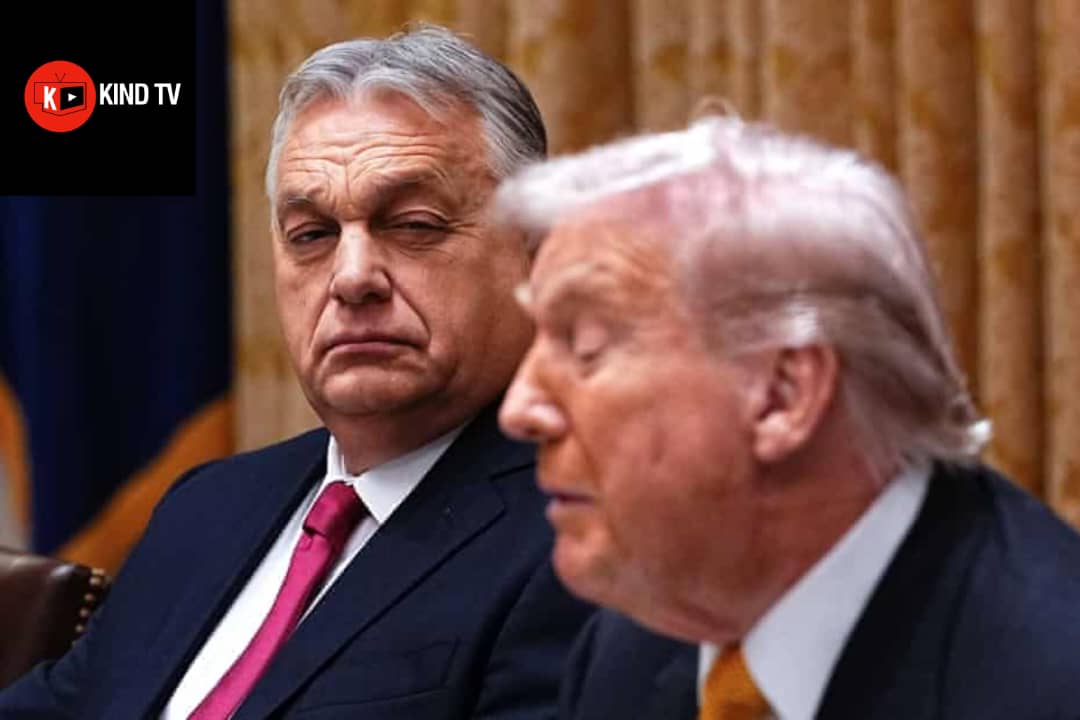Trump’s Energy Gamble: Hungary Secures Rare U.S. Sanctions Exemption After Orbán Visit

In a striking twist that has sent ripples through European capitals and Washington alike, the corridors of power in the United States and Hungary converged this week for an agreement that few anticipated, and even fewer fully understand. When Donald Trump met Viktor Orbán inside the White House, the handshake posed more than a moment of pleasantry. It carried the weight of an unexpected decision: Hungary would receive an exemption from U.S. sanctions on Russian energy. A move that instantly altered the tone of Washington’s broad campaign to isolate Moscow economically. Orbán had come prepared. He reminded Trump that as a landlocked country, Hungary depends almost entirely on Russian pipelines for its oil and gas; nearly 86% and 74% respectively, according to IMF data. The Hungarian leader argued that cutting off Moscow’s supply would cripple his nation’s economy. Trump appeared convinced, remarking that Hungary’s geographical limits made it “very different” from other European nations that could access global oil markets by sea. What followed was a deal that fused pragmatism with politics. Hungary was granted a one-year waiver from the new round of U.S. sanctions on Russian oil and gas, effectively allowing it to continue imports through the Druzhba and TurkStream pipelines. In return, Orbán’s government agreed to purchase around $600 million worth of American liquefied natural gas and cooperate with U.S. companies on nuclear fuel technology for Hungary’s Paks power plant. In the polished language of diplomacy, it was called “energy cooperation.” But beneath the surface, the deal was a chess move. Hungary secured a lifeline for its economy, and Trump demonstrated a willingness to use energy policy not merely as punishment for adversaries but as leverage for allies. Across Brussels, however, the reaction was tense. EU officials privately expressed concern that the exemption undermines the bloc’s fragile unity on sanctions against Russia. For years, Europe has struggled to present a united front on energy independence from Moscow, and now, one of its member states has secured a carve-out deal directly with Washington. The optics are stark: while other European nations tightened their imports from Russia, Hungary not only maintained them but now enjoys American approval to do so. Analysts say the move could embolden other European countries to seek similar exemptions, weakening the EU’s collective stance. Yet in Budapest, Orbán’s camp hailed the development as a diplomatic victory; proof, they say, that Hungary’s foreign policy of “strategic autonomy” still delivers results in a polarized world. The suspense now lies in what follows. The one-year exemption buys Hungary time, but it also strengthen its entanglement with both Washington and Moscow. For Orbán, the triumph may carry a hidden cost. That is, aligning too closely with Trump could isolate Budapest within the European Union just as the bloc debates its next wave of funding and defence commitments. Meanwhile, Russia watches with cautious satisfaction. A loophole in Western sanctions means continued cash flow from at least one European customer. Ukraine’s leadership, on the other hand, worries that such exceptions could erode the financial pressure meant to limit Moscow’s war capacity. Trump’s move has introduced a new tone in global energy diplomacy: now, less ideological, more transactional. The message is unmistakable; alliances are now negotiable, and energy access can be a reward for cooperation. Whether this marks a turning point or a one-off deviation remains to be seen. As Europe holds its breath, the real question lingers like a low hum beneath the diplomatic pleasantries: was this a simple act of pragmatism, or the start of a quiet reordering of power — one handshake at a time?
JOEL OWAH | 2025-11-09 07:10:17
